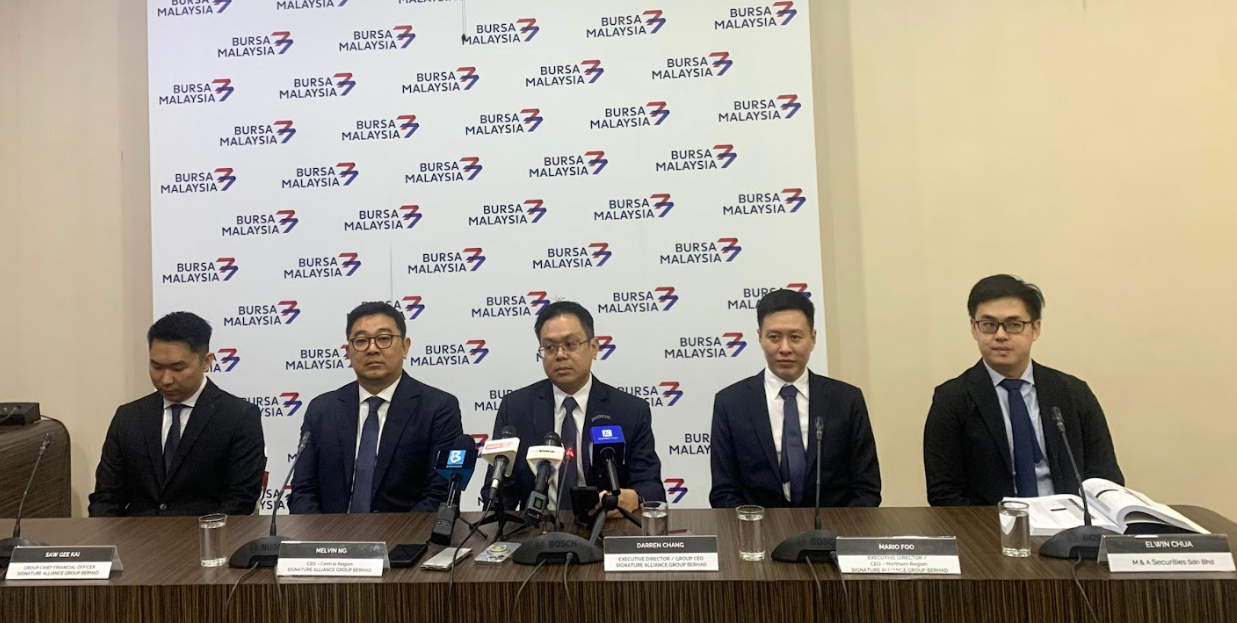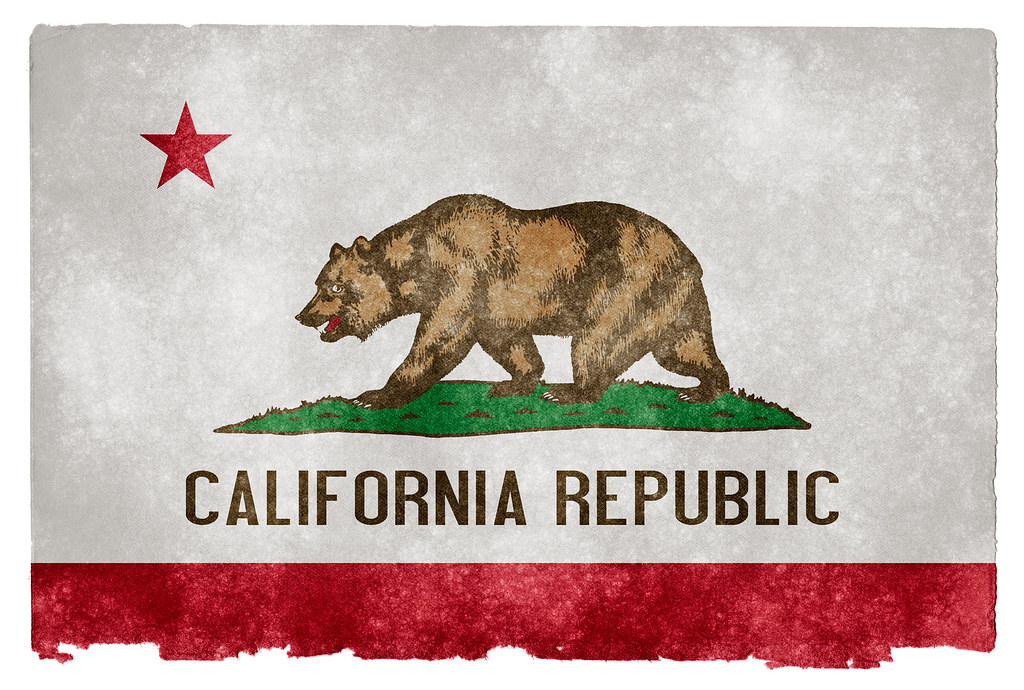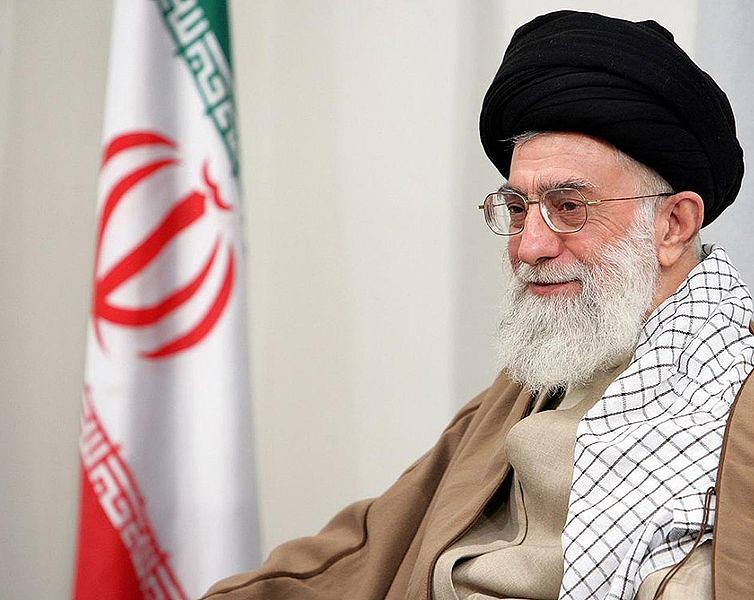On November 18, a landmark decision by Judge Vince Chhabria of the U.S. District Court for the Northern District of California set a significant legal precedent affecting members of decentralized autonomous organizations (DAOs). In a case involving Lido DAO, the court ruled that DAO participants could be held liable for the organization’s collective actions, aligning DAO governance with traditional partnership liabilities under California state laws.
The ruling originated from a lawsuit filed by investor Andrew Samuels, who sought to recover losses from purchasing Lido DAO-issued tokens, alleging that they were unregistered securities. Samuels argued that Lido DAO should have registered the tokens with the U.S. Securities and Exchange Commission (SEC), pursuant to the Securities Act’s requirements.
Court’s Decision
Judge Chhabria’s decision emphasized that Lido DAO operates as a general partnership, thereby dismissing the notion that its members could avoid liability for organizational actions. The court specifically identified several institutional investors—Paradigm Operations, Andreessen Horowitz, and Dragonfly Digital Management—as liable general partners based on their active roles in Lido DAO’s governance, although Robot Ventures was exempted due to insufficient evidence of its partnership status.
This decision marks a pivotal moment for the crypto community, particularly for DAOs, which have been celebrated for their decentralized and autonomous governance structures. By equating DAO participants to traditional business partners, the ruling introduces significant legal implications for members’ liability, potentially altering how investors and entities engage with DAOs.
The ruling comes amid a broader regulatory focus on cryptocurrencies and digital assets, with various agencies scrutinizing the adequacy of existing frameworks to address the unique challenges posed by these technologies. This case could lead to more stringent regulatory measures or legislative actions aimed at clarifying the legal status and operational scope of DAOs.
| Element | Details |
|---|---|
| Court | U.S. District Court for the Northern District of California |
| Judge | Vince Chhabria |
| Plaintiff | Andrew Samuels |
| Defendant | Lido DAO |
| Outcome | DAO members held liable as general partners |
| Significant Entities | Paradigm Operations, Andreessen Horowitz, Dragonfly Digital Management |
A Challenging Road Ahead for Decentralized Governance
The ruling by Judge Chhabria not only reframes the legal understanding of DAOs but also sends ripples across the broader landscape of decentralized governance. By aligning DAO operations with traditional partnership laws, the decision imposes a layer of accountability and potential vulnerability that could deter participation or necessitate significant structural changes within existing DAOs. This legal perspective could discourage the innovative spirit of decentralization by introducing fears of personal liability among participants.
Moreover, the decision underscores a critical need for clearer regulatory guidelines that specifically address the unique nature of DAOs and other blockchain-based organizational forms. Without legislative progress to establish tailored frameworks for digital assets and decentralized entities, the DAO community may face ongoing legal uncertainties and challenges that could stifle growth and innovation in this sector.
As decentralized platforms continue to evolve, the interaction between technology, law, and regulation will play a crucial role in shaping their future. This case serves as a stark reminder of the complexities involved in integrating cutting-edge technologies with established legal doctrines, urging both lawmakers and the crypto community to seek a balanced approach that fosters innovation while ensuring accountability and protection for all stakeholders involved.











